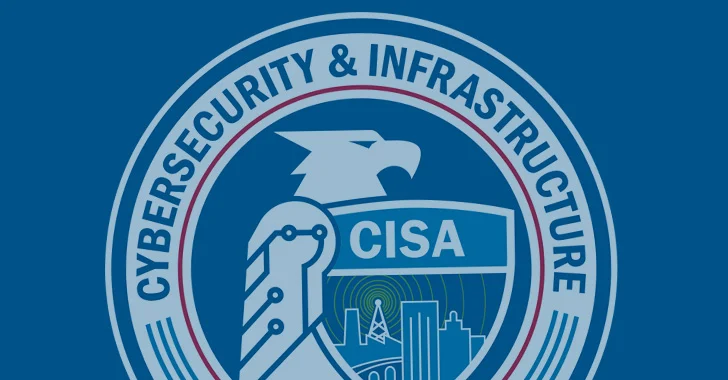Recent research has unveiled a method by which cyber attackers can extract and decrypt authentication tokens from the Microsoft Teams desktop application on Windows systems. This vulnerability enables unauthorized access to users’ chats, emails, and SharePoint files, posing significant security risks to organizations.
Understanding the Vulnerability
Microsoft Teams, a key component of the Microsoft 365 suite, facilitates collaboration through chat, video meetings, and file sharing. To maintain user sessions without repeated logins, Teams stores authentication tokens locally. These tokens are essential for seamless access to various Microsoft services.
Initially, these tokens were stored in plaintext within an SQLite database located at `%AppData%\Local\Microsoft\Teams\Cookies`. This approach made it relatively straightforward for attackers with access to the file system to retrieve and misuse these tokens. Recognizing this security flaw, Microsoft transitioned to encrypting these tokens using the Windows Data Protection API (DPAPI), which ties encryption keys to the user’s login credentials, thereby enhancing data security.
The Exploitation Technique
Despite the encryption measures, security researcher Brahim El Fikhi demonstrated a technique to decrypt these tokens. By leveraging the DPAPI, an attacker with local access can decrypt the tokens, especially if they have access to the user’s login credentials. The process involves:
1. Locating the Encrypted Tokens: The tokens are stored in a Chromium-like Cookies database used by Teams.
2. Extracting the Master Key: The master key for decryption is found in the `Local State` file within the Teams’ application data directory.
3. Decrypting the Tokens: Using the master key and the DPAPI, the encrypted tokens can be decrypted, granting access to the user’s Teams sessions.
This method effectively bypasses the security enhancements introduced by Microsoft, allowing attackers to impersonate users, send messages, and access sensitive information.
Implications for Security
The ability to decrypt and misuse authentication tokens has several serious implications:
– Unauthorized Access: Attackers can access confidential communications and documents without detection.
– Impersonation: Malicious actors can send messages or emails on behalf of the victim, facilitating social engineering attacks.
– Data Exfiltration: Sensitive data can be extracted and used for malicious purposes, including corporate espionage.
This vulnerability underscores the need for robust security measures to protect authentication tokens and prevent unauthorized access.
Mitigation Strategies
To safeguard against such exploits, organizations should consider implementing the following measures:
1. Enhanced Monitoring: Regularly monitor for unusual activities, such as unexpected Teams session terminations or unauthorized access attempts.
2. Restrict Local Access: Limit physical and remote access to systems where Teams is installed to reduce the risk of local attacks.
3. Regular Updates: Ensure that all applications, including Teams, are updated to the latest versions to benefit from security patches.
4. User Education: Train employees on recognizing and reporting suspicious activities to prevent social engineering attacks.
5. Implement Multi-Factor Authentication (MFA): While MFA can be bypassed in some scenarios, it adds an additional layer of security that can deter attackers.
By adopting these strategies, organizations can enhance their security posture and mitigate the risks associated with this vulnerability.
Conclusion
The discovery of this method to decrypt Microsoft Teams authentication tokens highlights the evolving nature of cyber threats. It is imperative for organizations to stay vigilant, continuously update their security protocols, and educate users to prevent unauthorized access and protect sensitive information.



